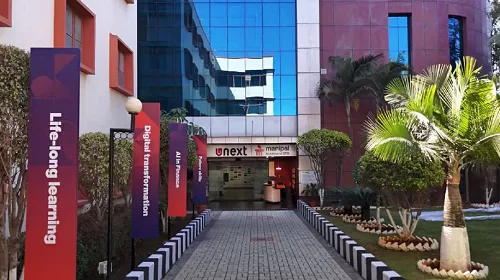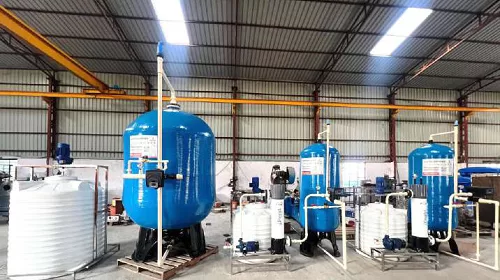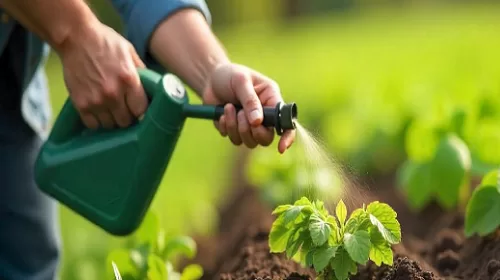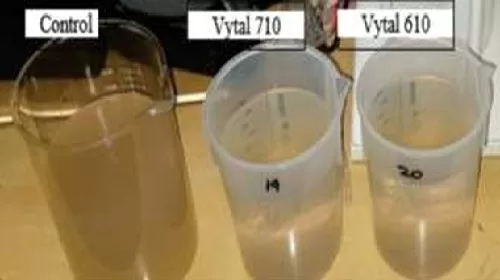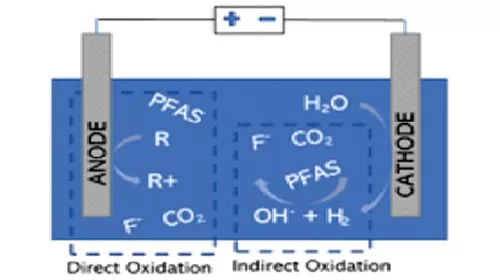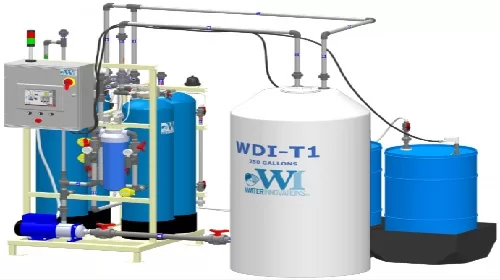The escalating challenges posed by climate change, urbanization, and environmental degradation have been posing a grave risk towards urban sustainability. The rise in extreme weather events, such as heavy rainfall and storms, has intensified the risk of urban flooding. Cities are experiencing higher temperatures due to the absorption of heat by concrete and asphalt. Irregularities in rain fall have been causing drought in many parts of the world every year. The traditional grey infrastructure like concrete drains and storm water systems is often rigid and unable to adapt to fluctuating…
Read MoreCategory: Indepth
Advanced Water Filtration Excellence
The basic requirements of human life are food, water, and shelter, but it is very hard to find and get something full of purity. Because the pollution has been increasing which has gradually affected our livelihoods. Clean water is a fundamental necessity of human life because we cannot live without water. To get clean water we need advanced water filtration technologies to make sure the access to the water is safe, pure, and consumable. MMP, a pioneering company with over three decades of experience, has established itself as a trusted…
Read MoreSmart Water Management: How Technology is Revolutionizing Campus Sustainability
Water sustainability is a critical challenge in today’s world, particularly for large institutions with extensive infrastructure and high consumption rates. In this context, technology has emerged as a game-changer, enabling smarter and more efficient water management practices. SpaceBasic, Asia’s largest B2B SaaS AI-powered platform, is at the forefront of this revolution, empowering universities across Southeast Asia to achieve remarkable cost savings and operational efficiency. This case study explores how SpaceBasic’s technology has transformed water management at Unext – Manipal Academy of BFSI, setting a benchmark for campus sustainability. While the…
Read MoreSustainable Industrial Wastewater Management
India’s rapid population growth and urbanization have significantly increased consumption patterns, leading to rapid industrialization. This industrial expansion has driven economic growth, job creation, and infrastructure development, positioning India as a global manufacturing and economic hub. However, it has also led to a sharp rise in industrial wastewater generation, posing a severe threat to India’s already stressed water resources. India is home to nearly 18% of the global population but has access to only 4% of the world’s freshwater resources, making it one of the most water-stressed nations. With per…
Read MoreTech’s Role in resolving Water Crisis
By Kanishka Chatterjee, Director & Head, The/Nudge Prize India grew from merely 51 million tons (Mt) of food grain production in 1950/51 to over 314 Mt in 2022- a sixfold increase in production. What led to this remarkable outcome was the shift to science-led agricultural development, planner’s vigour and the dedicated effort of millions of farmers. This transformed India from an acutely food-scarce and food shortage nation to a food surplus and food exporting country. However, these accomplishments came at a price- trading in water security, a resource even more…
Read MoreFrom Solutions to Challenges: How Government Policies fueled India’s Groundwater Crisis and the Path Forward
By Utkarsh Bhargava, Consultant, Avalon Consulting India’s population grew rapidly after independence, putting immense pressure on the country food supply. Agricultural output did not increase at the same pace as population growth. Traditional farming methods were outdated, with minimal use of technology, leading to poor crop yields. Most farming was dependent on rainfall, and infrastructure for irrigation, fertilizers, and pesticides was inadequate. As a result, India faced severe food shortages and had to rely heavily on food imports. Famines, malnutrition, and low agricultural productivity made the country vulnerable to recurring…
Read MoreRethinking water: Grey water as a sustainable solution for a parched planet
Introduction: In a world grappling with climate change and the pressures of an ever-growing population, our approach to water demands a complete transformation. The days of a wasteful, “use once and discard” mindset must end as global water scarcity intensifies. Our future relies on innovative strategies to maximise every drop of water. Amid this need, grey water emerges as a beacon of hope—an opportunity to conserve fresh water through resourceful reuse. Grey water, consisting of the gently used water from showers, sinks, and washing machines, is often funnelled down the…
Read MoreUnlocking the potential of digital water and monitoring in water management
Introduction: India faces a pressing urban water crisis that requires immediate attention. According to a study, the top 24 cities in India, with a combined population of nearly 200 million, generate a daily demand of 30,000 million liters of water, based on an average consumption of 150 liters per person. This figure excludes additional demand from commercial and other sectors. Unlike electricity, most people are unaware of how much water they use. Can we continue to take this natural resource for granted indefinitely? Can we reduce urban migration driven by…
Read MoreTreatment technologies for Poly- and Perfluoroalkyl (PFAs) substances in water and other wastes
Per- and polyfluoroalkyl substances (PFAS) are a set of substances that have been used since the 1940s in various industrial applications like paper making, textile mills, electroplating, firefighting foams and in consumer products like non-stick cookware, stain repellent clothing, food contact materials, paints, cosmetics, detergents and other cleaning products. The term ‘PFAS’ is accepted as the overarching term for the entire class of these synthetic compounds. There are more than 9000 known PFAS compounds, but the global regulation list covers less than 50 compounds. Out of these many PFAS compounds,…
Read More3 Things to know about deionized water
In precision-driven industries where quality is non-negotiable, deionized water plays a vital role. Unlike readily available tap water, it undergoes a rigorous purification process, removing dissolved minerals and salts to achieve exceptional purity. This meticulously treated water supports diverse industries, enabling manufacturers to produce cutting-edge technologies and safeguard product integrity. Here are three interesting insights on the unique properties of deionized water: Deionized water is water that has been stripped of its conductive constituents, rendering it electrically neutral and chemically inert. This is achieved by running water through ion exchange…
Read More


